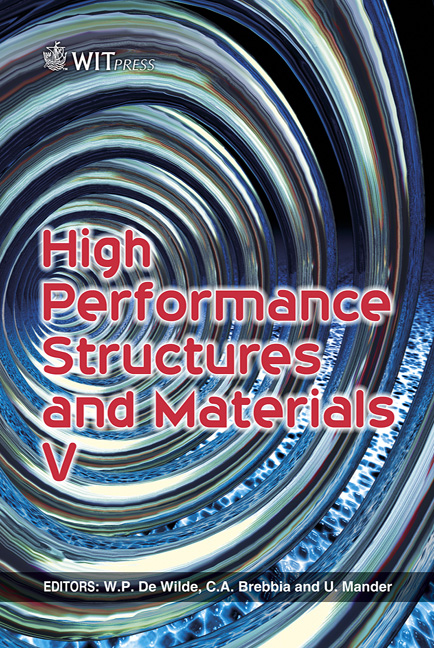Durability Study Of Lightweight Concrete Material Made From Date Palma Seeds (DPS)
Price
Free (open access)
Transaction
Volume
112
Pages
7
Page Range
69 - 75
Published
2010
Size
2,442 kb
Paper DOI
10.2495/HPSM100071
Copyright
WIT Press
Author(s)
M. Almograbi
Abstract
Libya is one of the largest producers of dates from date palm, generating about 60000 tonnes of date palm seeds (DPS) annually. This large amount of seeds led to studies into the possible use as aggregates in lightweight concrete for some special structures. The utilization of DPS as aggregate in concrete provides a good solution as alternative aggregate to the stone aggregate. It has been recognized that, DPS can be used as coarse aggregate in structural lightweight concrete industry. For any structure member, the durability is one of the most important considerations during its service life. This paper presents the durability properties of DPS concrete. These include the water permeability, water absorption, sorptivity and chloride penetration. The test results obtained were comparable to the conventional lightweight concrete. Keywords: date palm seeds, lightweight concrete, durability, sustainability, permeability of concrete, water absorption of concrete, sorptivity of concrete. 1 Introduction Engineers have been developing new technologies for sustainable materials in the construction industry. One of such technologies is to use waste materials as building materials. DPS is a renewable resource and therefore, has significant potential in the construction industry where date palm is in abundance. This is particularly so in Libya. Currently, the large quantity of DPS waste has led to studies focusing on the possible use of this waste as aggregates in special structural lightweight concrete. It has been reported that the concrete industry globally would consume around 8 to12 billion tones annually of natural aggregates after the year 2010 [1].
Keywords
date palm seeds, lightweight concrete, durability, sustainability, permeability of concrete, water absorption of concrete, sorptivity of concrete





